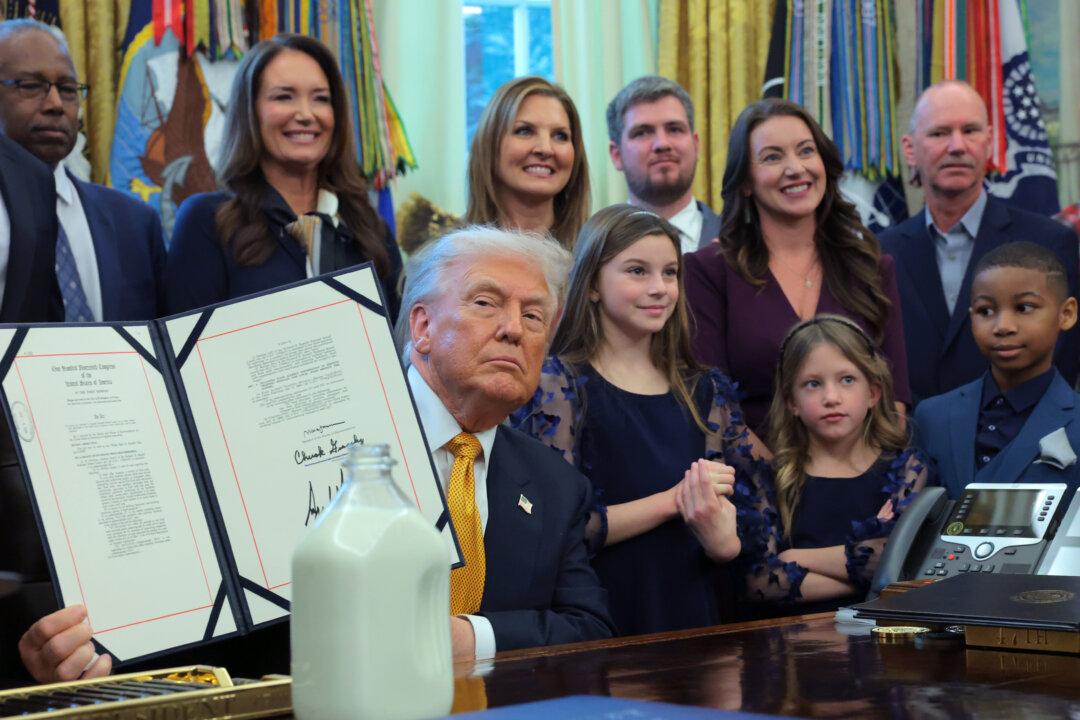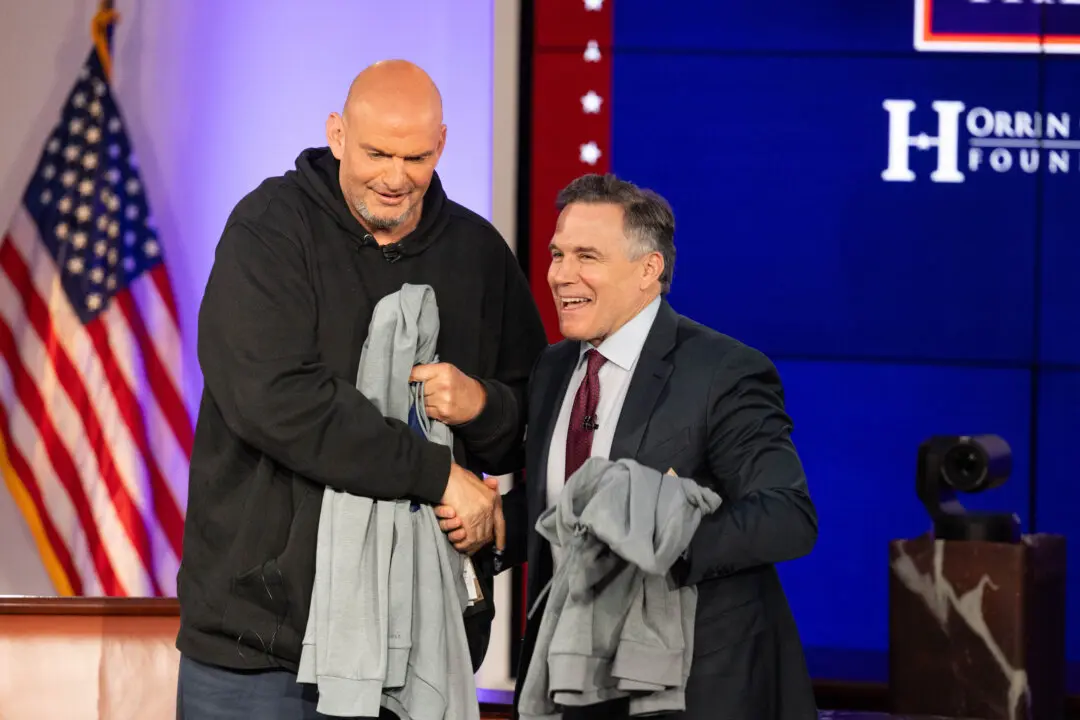Commentary
Last April, when Major League Baseball pulled the All-Star Game out of suburban Atlanta in what it thought was a strident example of the powerful corporate punishment states would face if Republican lawmakers passed laws MLB did not like, its corporate, academic, and cultural peers applauded the move.





